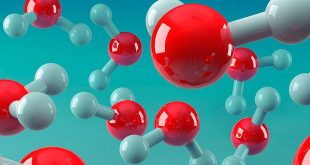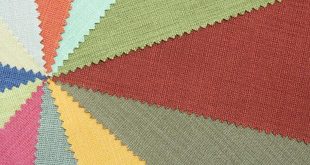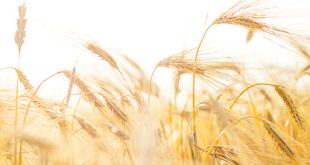NCERT 6th Class (CBSE) Science: Living and Non-living – Quiz 8 Multiple Choice Questions related to NCERT 6th Class (CBSE) Science: Living and Non-living – Quiz: The cell is the structural and functional unit of like. A cell is the smallest livings structure that is able to function independently. A …
Read More »NCERT 6th Class (CBSE) Science: Living and Non-living
Question: Define a cell. Answer: The cell is the structural and functional unit of like. A cell is the smallest livings structure that is able to function independently. Question: Define environment. Name the different components of the environment. Answer: All that surrounds living things and affects their growth and developments …
Read More »NCRT 6th Class (CBSE) Science: Form and Movement in Animals – Quiz
NCRT 6th Class (CBSE) Science: Form and Movement in Animals – Quiz 21 Multiple Choice Questions related to NCRT 6th Class (CBSE) Science: Form and Movement in Animals – Quiz: The changing position of the body or any part of the body is called movement. The shoulder bones are formed …
Read More »NCRT 6th Class (CBSE) Science: Form and Movement in Animals
Question: What do you mean by movement? Answer: The changing position of the body or any part of the body is called movement. Question: At which part does the arm rotate? Answer: The arm rotates on the round pit-like structure. Question: If you tie a scale with your arm, are …
Read More »NCERT 6th Class (CBSE) Science: Changes Around Us
Question: Breaking of tumbler and burning of paper are change in which we cannot get back the original substances what is the difference between these two changes? Answer: Breaking of glass tumbler is physical change as no new substance has formed and the broken tumbler remains glass only. Burning of …
Read More »NCERT 6th Class (CBSE) Science: Sorting Materials into Groups – Quiz
NCERT 6th Class (CBSE) Science: Sorting Materials into Groups – Quiz 18 Multiple Choice Questions related to NCERT 6th Class (CBSE) Science: Sorting Materials into Groups – Quiz: Materials have different properties like roughness, luster, transparency solubility, flotation, attraction towards a magnet, conduction of heat and conduction of electricity. Materials …
Read More »NCERT 6th Class (CBSE) Science: Sorting Materials into Groups
Question: Name the different properties that materials have? Answer: Materials have different properties like roughness, luster, transparency solubility, flotation, attraction towards a magnet, conduction of heat and conduction of electricity. Question: What are miscible and immiscible liquids? Give three examples each. Answer: Liquids that dissolve in water are said to be miscible …
Read More »NCERT 6th Class (CBSE) Science: Fibre to Fabric Quiz
Fibre to Fabric Quiz: NCERT 6th Class CBSE Science 18 Multiple Choice Questions related to NCERT 6th Class (CBSE) Science: Fibre to Fabric Quiz: Synthetic fibre are man – made fibres made from plastic and petroleum products. Fore example: Nylone, Rayon etc. They are also made from chemicals. The process o …
Read More »NCERT 6th Class (CBSE) Science: Separation of Substances
Question: You are given a simple of water. How will you find out whether it is pure or not. Answer: We will find whether it is pure or not by checking the boiling point. If the boiling point is 100°C it is it is pure and f it is less then …
Read More »NCERT 6th Class (CBSE) Science: Fibre to Fabric
Question: Define a fibre. What are the different. Kinds of natural fibre used to make clothes. Answer: Fibre are thin stands of threads that are woven to make Fabric. Different kinds of natural fibres are: Animal Fibres = Eg- Wool Plant Fibres = Eg- Cotton Insect fibre = Eg- Silk …
Read More » Class Notes NCERT Solutions for CBSE Students
Class Notes NCERT Solutions for CBSE Students





